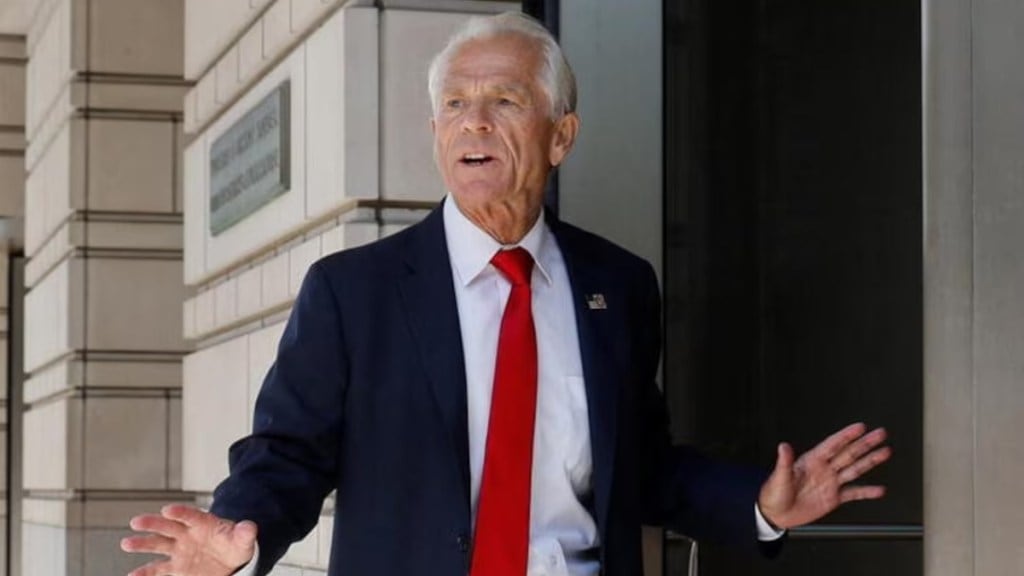White House Trade Advisor Peter Navarro launched a fresh attack against India on Monday — accusing the other country of using “unfair trade” practices to make money off America. The remarks came even as US trade officials headed to New Delhi for the resumption of negotiations on Tuesday. Bilateral trade talks had stalled last month after the Donald Trump administration imposed a 50% tariff against Indian imports. Top aides have also held New Delhi responsible for ongoing ‘bloodshed’ in Ukraine — claiming that India was indirectly financing the Russian war and being a “laundromat for the Kremlin”.
“Indian refiners were in bed with Russian refiners immediately after the invasion. They make money off us via unfair trade and many workers get screwed. They use that money to buy Russian oil, and Russians use that to buy weapons….India is coming to the table. On the trade side, they have very high tariffs,” Navarro told CNBC International on Monday.
Indian officials have also confirmed plans to host chief negotiator Brendan Lynch for a “continuation” of trade talks on Tuesday. An earlier US visit to New Delhi was cancelled after talks hit major roadblocks at the end of August. India has repeatedly resisted opening its vast agricultural and dairy sectors. Top officials have since insisted that the two countries were “not that far apart” on tariffs and that differences would be resolved in the next few weeks.
“I do think it will get resolved over the next few weeks. We’re not that far apart on a deal on these tariffs. India is a strategic partner whose trajectory will shape the region and beyond. Under President Donald Trump’s strong leadership, I’m committed to advancing America’s interest in this important partnership,” said Sergio Gor — Trump’s nominee for US Ambassador to India.
Navarro also noted that negotiations remained underway between the two countries over various ‘trade barriers’.
“But as a practical matter, we know that on the trade side, they have the highest tariffs of any major country. They have very high non-tariff barriers. We had to deal with that, like we’re dealing with every other country that does that,” he said.

